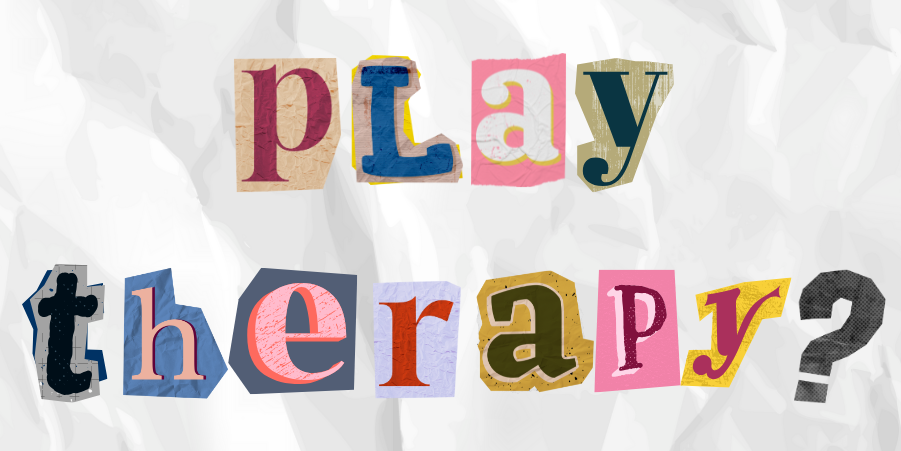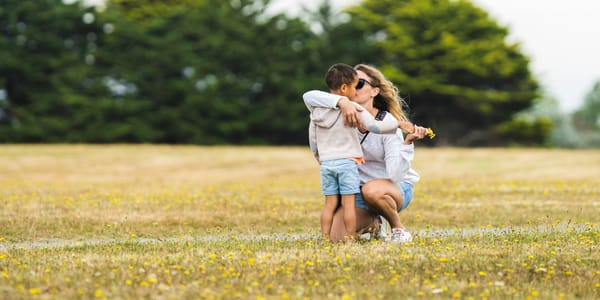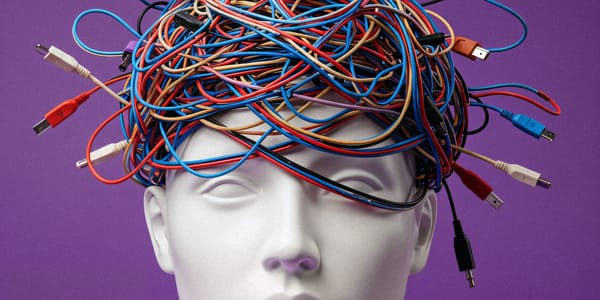What Is Play Therapy and How Does It Help Kids?
Learn what play therapy is and how this child-centred counselling approach helps kids express emotions, build coping skills, and handle challenges like anxiety and behavioural issues through natural play instead of words.

Have you ever noticed that your child expresses more through play than through words? Maybe they act out a story with dolls, roar like a dinosaur when they’re upset, or draw pictures that seem to capture feelings they can’t explain. For children, play isn’t just fun. It’s their natural language. And that’s exactly why play therapy is such a powerful tool.
What Is Play Therapy?
Play therapy is a developmentally appropriate form of counselling where play is the language and toys are the words. Instead of relying on long conversations, children use play to share what they’re experiencing inside. As a child therapist who specializes in play therapy, I join them in that process, gently guiding the play to help them explore feelings, work through challenges, and build new skills.
Play therapy is evidence-based and widely used with children of all ages. It provides a safe, supportive environment where kids can express themselves freely (often in ways they can’t yet put into words!).
Why Play Works
Children’s brains and bodies aren’t wired the same way as adults. While talking might help us process emotions, kids often need play to make sense of their world. Play helps them:
- Feel safe and in control while exploring difficult experiences.
- Communicate naturally, without the pressure of “finding the right words.”
- Practice new skills like calming down, solving problems, or expressing needs.
Through play, children can tell their stories, try out new ways of coping, and feel understood.
Common Concerns Play Therapy Helps With
Parents and referral sources often seek play therapy when children are struggling with:
- Big feelings like anxiety, anger, or sadness.
- Behaviour challenges such as meltdowns, aggression, or withdrawal.
- Life transitions including divorce, grief, or moving homes.
- Social challenges like friendship struggles, self-esteem, or peer conflict.
Play therapy meets kids where they are, whether that’s building with blocks, creating in the sand tray, or pretending with puppets.
What Parents and Referrers Can Expect
Play therapy sessions are child-led but grounded in a therapist’s training and goals. Parents are often included in the process, either through updates, coaching, or joint activities that help carry skills into daily life. The therapy room is a safe space where children can practice, explore, and grow. The changes often ripple out into home, school, and friendships.
From the Playroom to Real Life
The skills learned in play therapy don’t stay in the playroom. Children who practice naming feelings, solving problems, or calming their bodies in therapy begin to use those same strategies at home and school. Parents and teachers often notice subtle but meaningful shifts: fewer meltdowns, more words for feelings, and stronger confidence in navigating challenges.
Final Thoughts
Play therapy isn’t “just play”. Play therapy is powerful, meaningful work. Through play, children process experiences, strengthen relationships, and build skills that last. If you’ve ever wondered whether play therapy could help your child, you’re not alone. Play therapy provides a safe, effective way to support kids in navigating big feelings and growing stronger, one playful step at a time.





